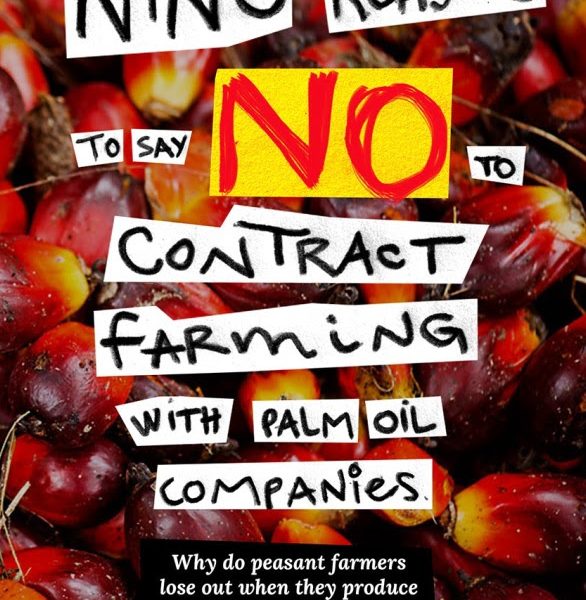By Witness Radio team.
Ugandan authorities’ ongoing crackdown on anti-EACOP protest marches is spreading rapidly like wildfires. The East African Crude Oil Pipeline (EACOP) Project, a significant oil infrastructure development, has been a point of contention. Recently, Witness Radio warned that criminalizing the activities of individual activists and environmental defenders opposed to this project, which aims to transport crude oil from Hoima in Uganda to the Port of Tanga in Tanzania, will be regarded as the most disastrous and insensitive to communities’ concerns in Uganda’s history.
In just four months, a series of arrests targeting environmental activists opposing the mega oil project that transports crude oil from Hoima in Uganda to the Port of Tanga in Tanzania has resulted in a scene of crime. No one is allowed to express their concerns peacefully about it and push back on its adverse negative impacts.
While activists view the peaceful marches as a rightful and brave effort to protect the environment and the communities affected by the project, the authorities, including the Uganda police and Prosecutor’s office, regard these actions as attempts to sabotage development projects and resort to criminalization.
Activists and civil society organizations’ reports indicate that the project will likely damage the environment and has displaced thousands of local communities in Uganda and Tanzania.
Despite growing concerns and an intensified crackdown, project financiers and shareholders remain unwavering in supporting the EACOP project. This steadfast support underscores the urgency of the situation. However, environmental and human rights defenders stand firm, resolutely demanding the project’s halt, showing a glimmer of hope in this challenging situation.
Over last weekend, eleven (11) environmental activists were arrested, charged, and sent to prison. They were arrested and detained by police at Kenya Commercial Bank (KCB) premises while attempting to deliver a petition urging the bank to halt its financial support for the 1,444-kilometer heated pipeline project.
The arrest of the eleven activists comes less than a month after nine activists were detained on April 02 outside the Stanbic Bank headquarters while attempting to deliver a petition urging the bank to halt its funding for the project.
The eleven include Bob Barigye, Augustine Tukamashaba, Gilbert Ayebare, Umar Kasimbe, Joseph Ssengozi, Keith Namanya, Raymond Bituhanga, Mohammed Ssentongo, Paul Ssekate, Misach Saazi and Phionah Nalusiba.
KCB Bank Uganda is one of the banks that recently joined the race to fund the EACOP project. Last month, On March 26, 2025, EACOP Ltd., the company in charge of the construction and future operation of the EACOP project, announced that it had acquired additional financing provided by a syndicate of financial institutions, including regional banks such as KCB Bank.
Other banks in the syndicate include the Stanbic Bank Uganda, the African Export-Import Bank (Afreximbank), the Standard Bank of South Africa Limited, and the Islamic Corporation for the Development of the Private Sector (ICD).
The activists appeared before the Nakawa Chief Magistrate Court on April 25. They were charged with criminal trespass. According to section 302 of the Penal Code, a person convicted of criminal trespass is liable to a maximum sentence of one year in prison. This detail underscores the weight of the situation.
The activists are currently on remand at Luzira Maximum Prison and are expected to appear again before the court on May 08, 2025, for mention.


 MEDIA FOR CHANGE NETWORK1 week ago
MEDIA FOR CHANGE NETWORK1 week ago
 MEDIA FOR CHANGE NETWORK2 weeks ago
MEDIA FOR CHANGE NETWORK2 weeks ago
 FARM NEWS1 week ago
FARM NEWS1 week ago
 MEDIA FOR CHANGE NETWORK4 days ago
MEDIA FOR CHANGE NETWORK4 days ago
 MEDIA FOR CHANGE NETWORK4 days ago
MEDIA FOR CHANGE NETWORK4 days ago
 MEDIA FOR CHANGE NETWORK1 day ago
MEDIA FOR CHANGE NETWORK1 day ago
























